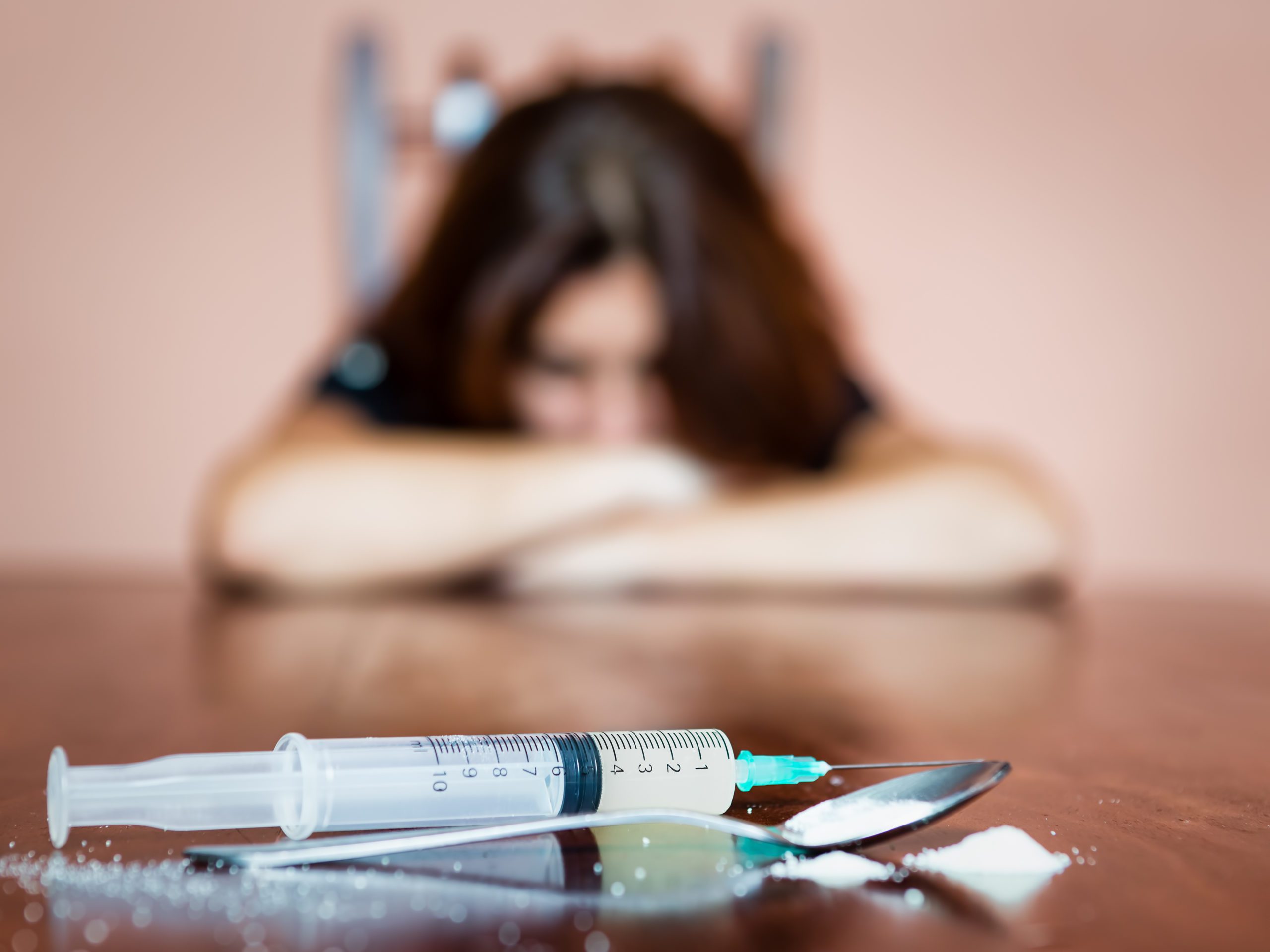Heroin use has been a problem in America since the drug was prescribed as a medicine for pain in the early 1900’s.
The drug has remained popular throughout history and it’s likely that it will not go away despite law-enforcement and governmental efforts to eradicate its use.
Identifying heroin addict symptoms and signs of heroin use can help us recognize if the epidemic has hit close to home. It can also allow us to extend a helping hand to the people we love who might be in need.
Signs of Heroin Use
Because heroin is highly addictive, it causes both psychological and physical dependence, making it extremely difficult for users to get clean and sober.
The effects of heroin can be devastating, both mentally and physically, and they have even been known to cause death in some cases.
Identifying and responding to heroin use signs in others could mean the difference between life and death for addicts.
The first step towards helping someone who is using drugs is to identify the symptoms of addiction.
Psychological signs of heroin use
When opioids are used and abused, the flood of dopamine in the brain interferes with normal brain functions, causing several psychological problems.
Psychological signs of heroin use can be split into two main categories:
- Behavioral
- Cognitive
Behavioral Symptoms
A simple way to identify heroin use is to look for odd behaviors. Addicts under the influence of heroin exhibit an array of behavioral changes that can be identified even by those who might not be familiar with the addict.
Heroin abuse behaviors may still be apparent even after the addict has sobered up.
Slurred speech and skin picking, for example, are both odd behaviors associated with heroin addiction during and after use.
A great way to identify these odd behaviors is by peeking into the addict’s daily routines. Subtle changes in their routines could tell us a wider story.
The sudden change of friends or disappearance of a beloved relative could indicate heroin use, for instance.
Other behavioral heroin addiction symptoms to look out for include:
- Involvement in crime
- The disappearance of personal value objects
- Bursts of anger or disturbance
- Increased anxiety
- Lack of care about one’s appearance
- Change of clothes to cover needle scabs or bruises
- Changes in mood
- Depressive moods and loss of interest
Cognitive Symptoms
This category is related to conscious activities, such as thinking or reasoning. Cognitive changes are most prevalent while the user is under the influence of heroin.
Cognitive heroin addict symptoms include –
- The inability to make sound decisions
- Being disoriented
- Lack of focus
- Being impulsive
- Talking nonsense
- Drifting in and out of sleep
Physical Signs of Heroin Use
Heroin abuse does not only affect the mind. There are also physical symptoms associated with heroin addiction. Physical heroin addict symptoms can range from chapped lips to displaying symptoms of serious illness such as liver failure.
In general, heroin users will start to lose weight and start showing signs of physical fatigue. It will also be possible to see bruising and scabs on the skin.
The occurrence of scabs is not only a result of injections but can also be a result of anxiety-induced skin picking. Scabs and bruises are most common in areas of intravenous access such as the arm, and fingertips.
Other common physical heroin addict symptoms include –
- Dry mouth
- Weight loss
- Runny nose
- Dilated pupils
What to Do If Someone You Know Is Using Heroin
If a loved one or someone you know shows signs of heroin use it’s important to get help.
You may want to look out for additional hints such as drug paraphernalia that can include needles, pipes, small zip-lock bags, or burnt aluminum paper in the trash.
While heroin smell doesn’t tend to linger around, sensing a vinegar-like smell in clothes or personal areas could also be an indicator of a person smoking heroin.
If you worry that this is the case then you must seek professional help immediately, acting promptly and decisively.
Veritas Detox offers heroin detox and inpatient rehab services that can help your loved ones get the help they need to get sober.
Contact Veritas Detox today and ask to speak to one of our admission representatives who can better help you determine the next steps in helping those you love.



